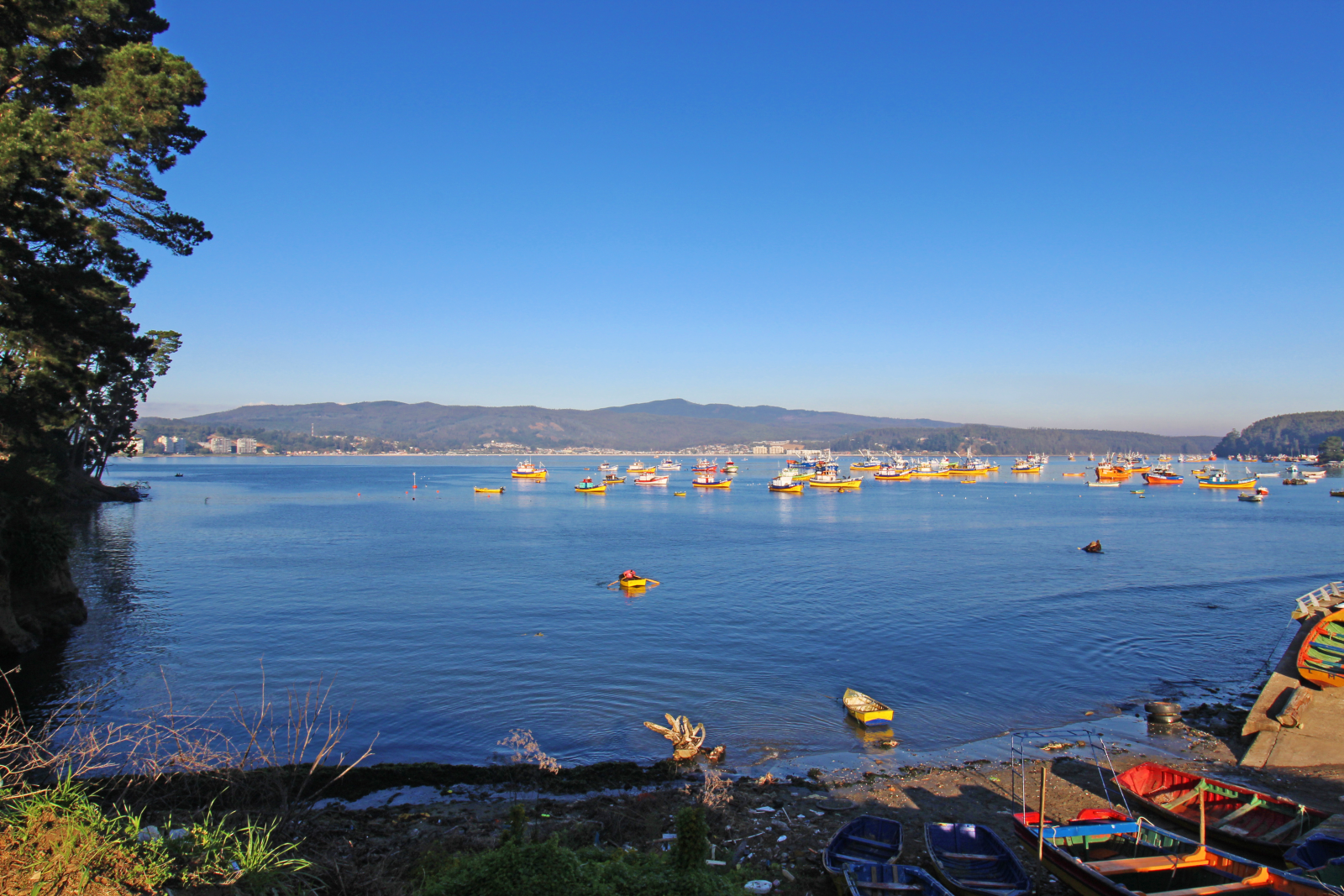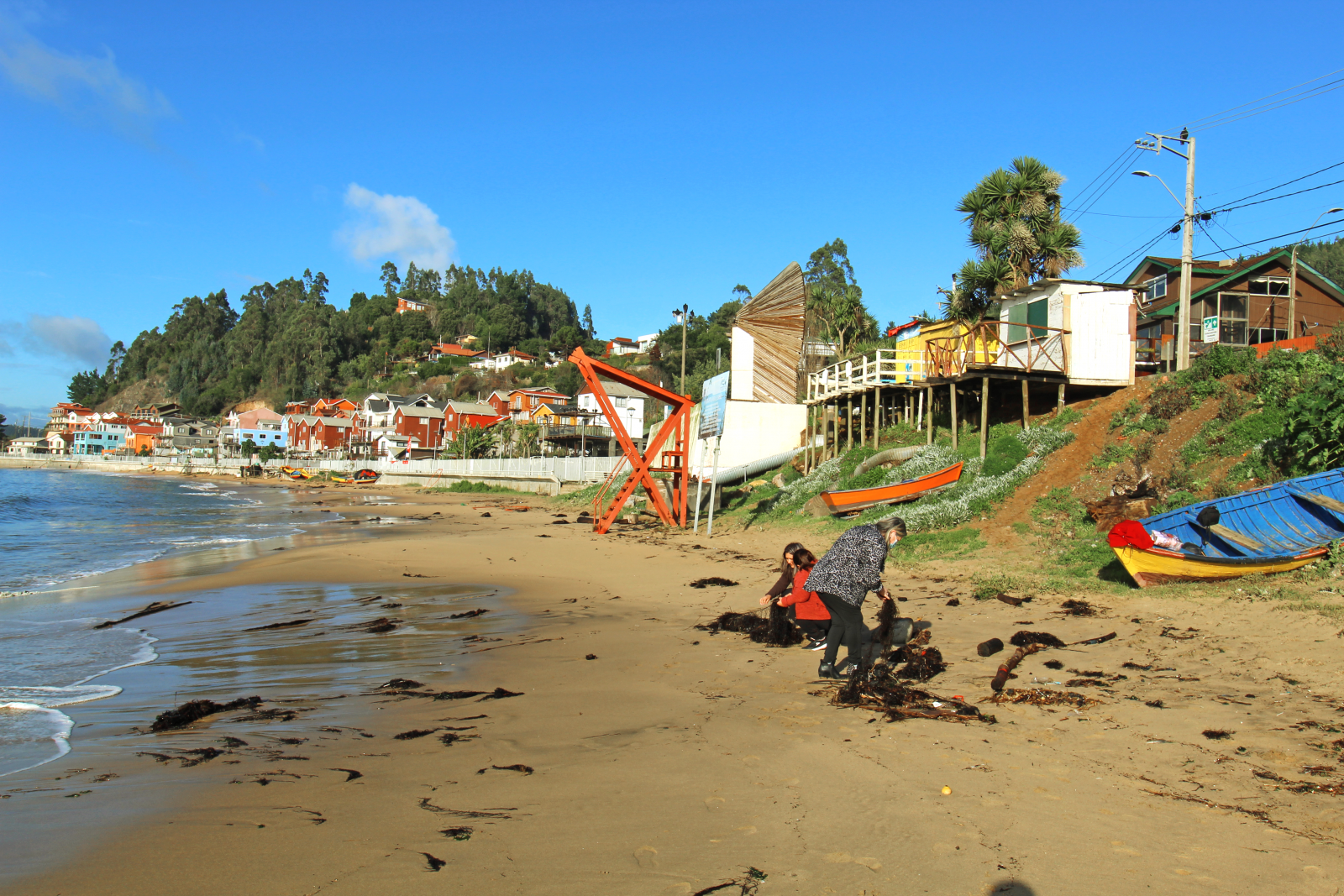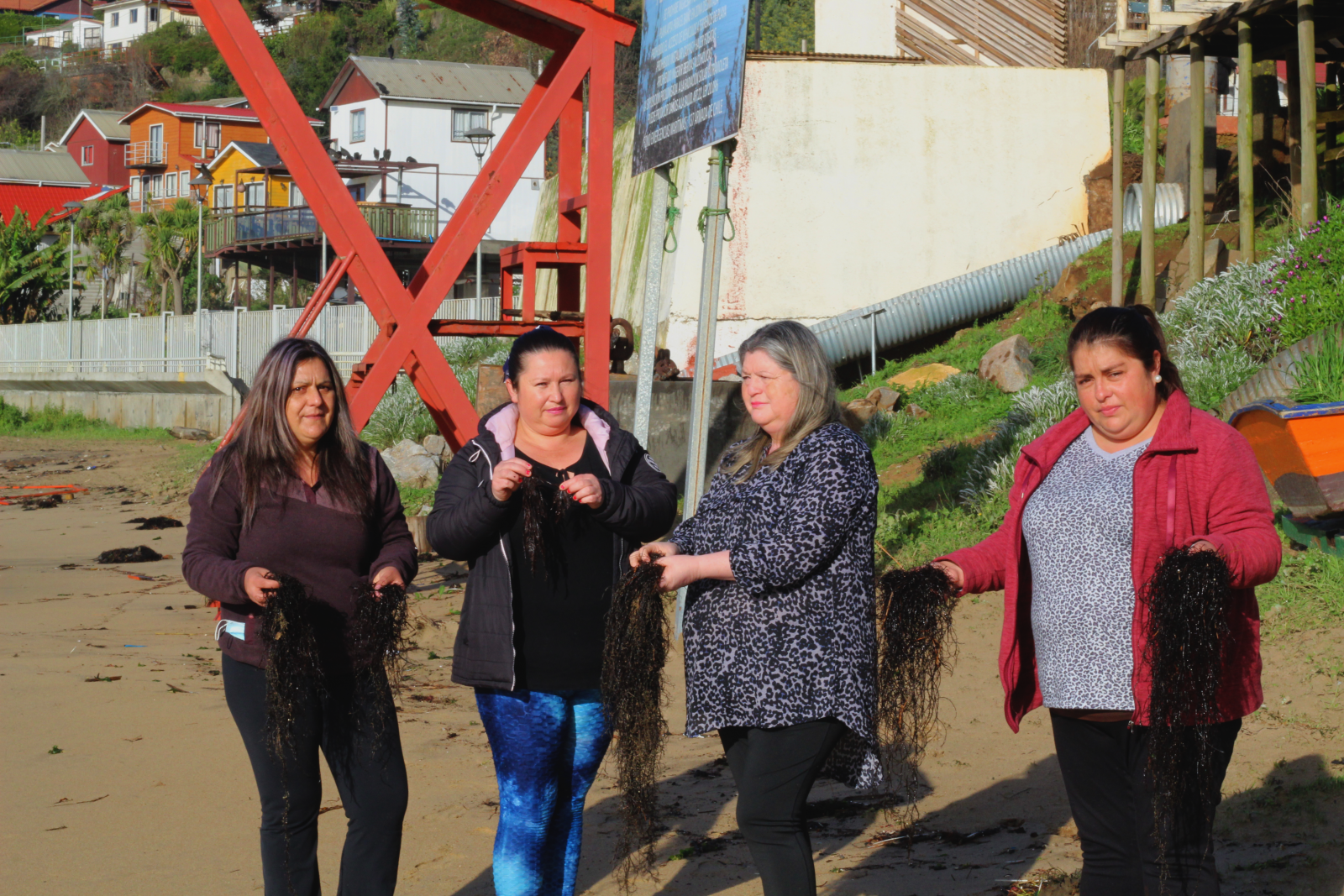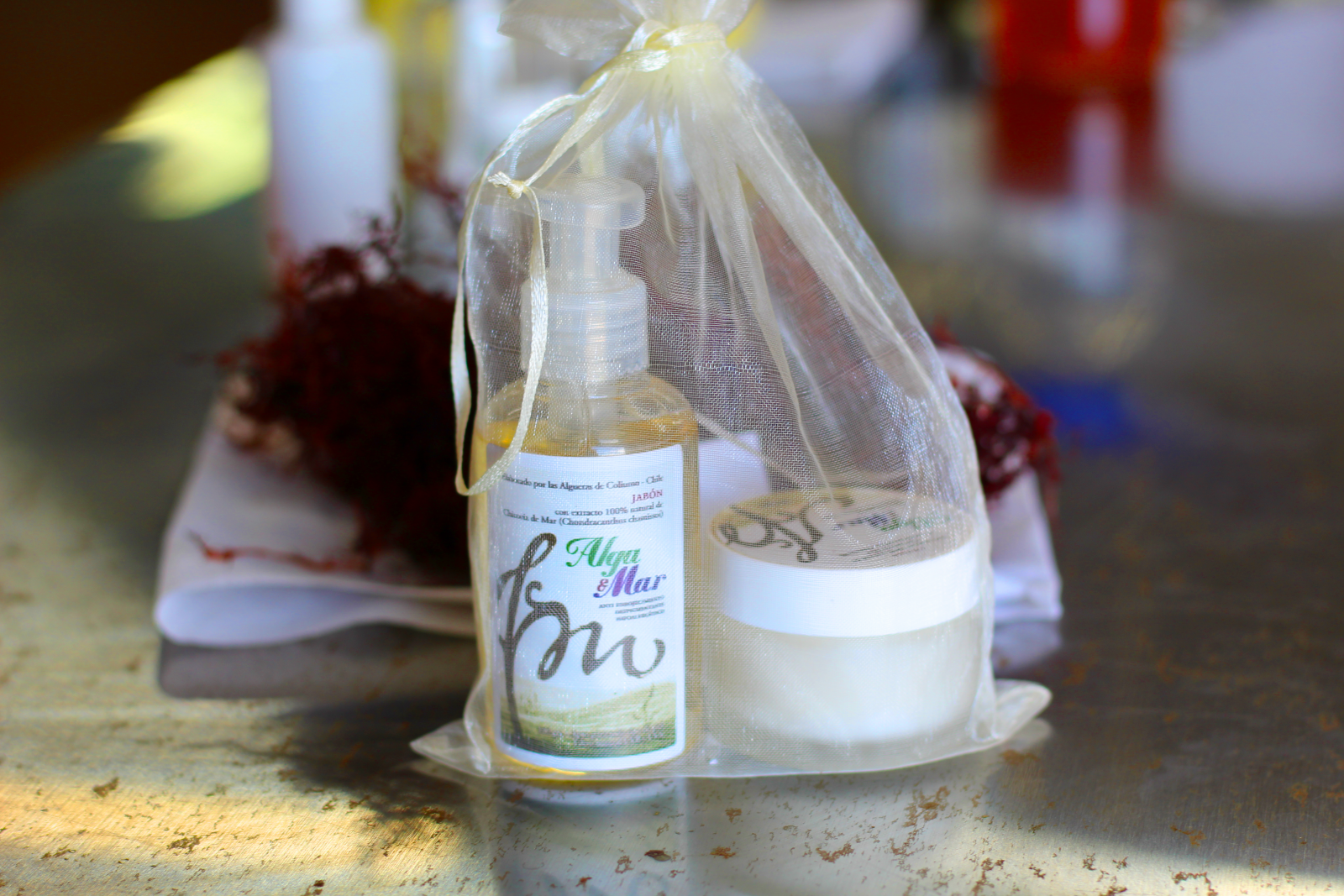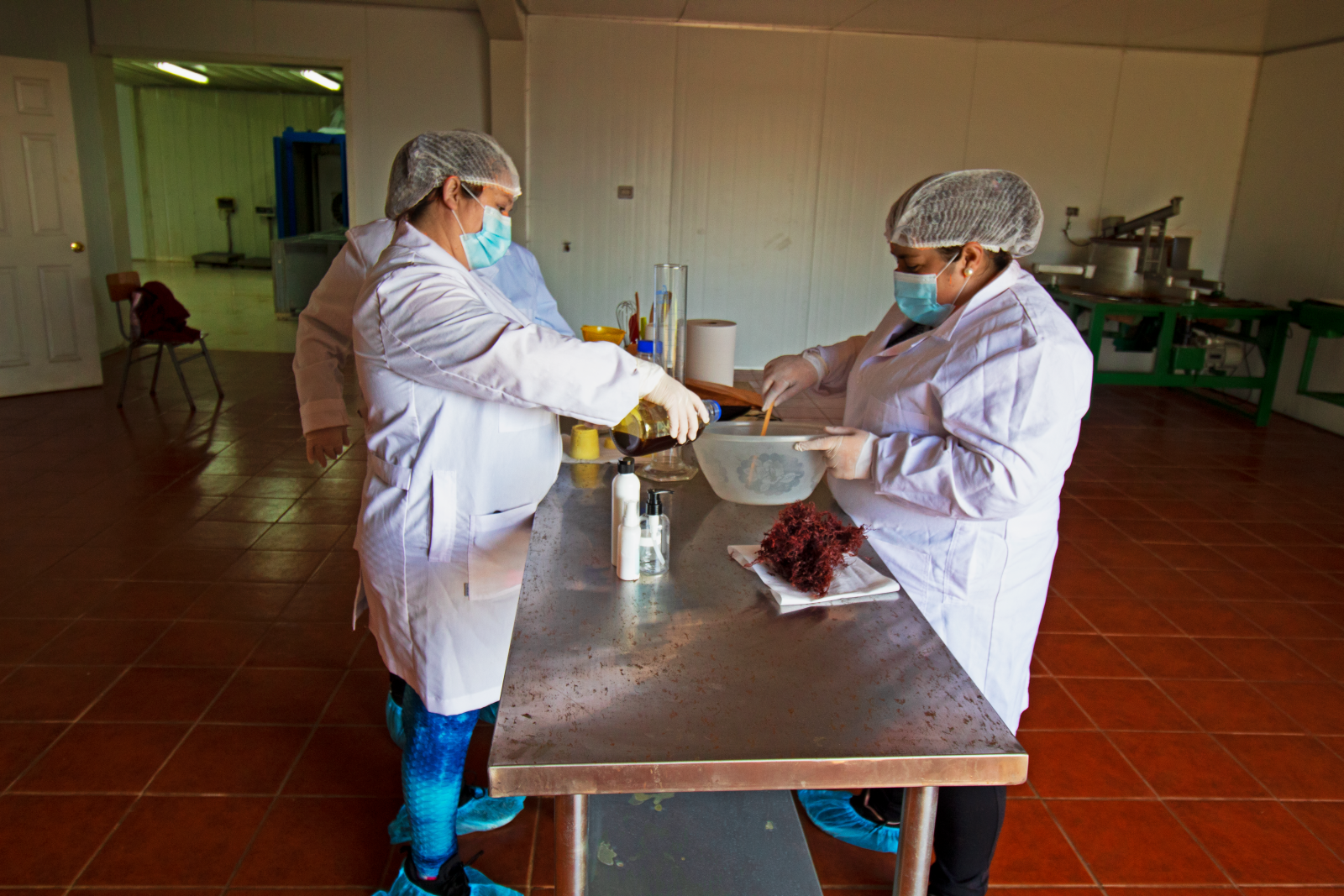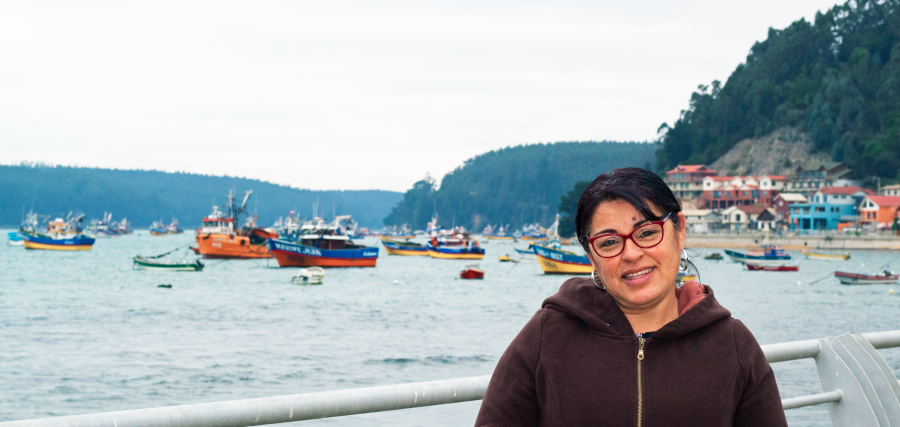Due to the great teamwork of a large group of persistent and passionate women a few decades ago, the fisherwomen of Coliumo feel more empowered now. Their hard work enabled us to achieve many things, including managing our marine resources, building a seaweed farm, and applying new technologies to improve our businesses. We also create cosmetic products with algae, called “Algae y Mar.” Women can even own their own boats and manage their own fishing quota — these things were impossible before.
But we have not reached the finish line yet. We worked on a bill for gender equality that is extremely important to make the role of women in artisanal fishing visible and to include women in decision-making processes. The bill was recently approved. It is an important step in changing public policy, but a holistic approach of all governmental institutions is necessary to provide equal opportunities for all fisherwomen. There are still many gaps, in particular in rural areas.
I would like to say to fellow fisherwomen, from Chile and other parts of the world, to be a proud fisher. Our connection with the ocean, our culture and our activities should never fade. It cannot vanish. We must continue to make sure our work is recognised as the driving force behind our fishing communities. There is no need to compete with each other; together we can create, innovate and move forward.
